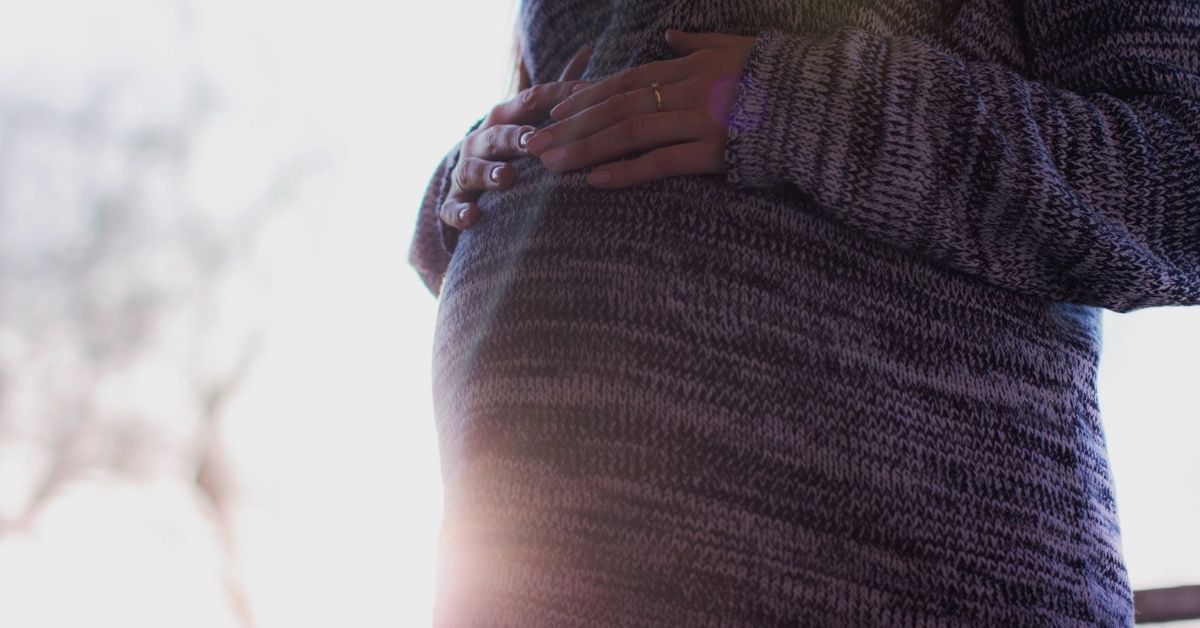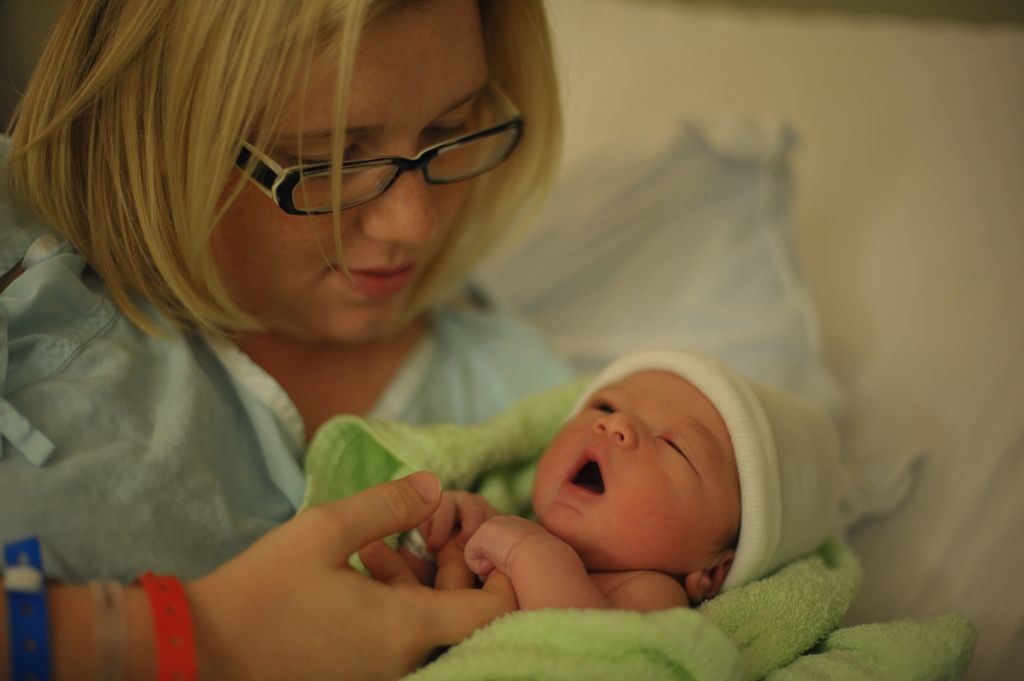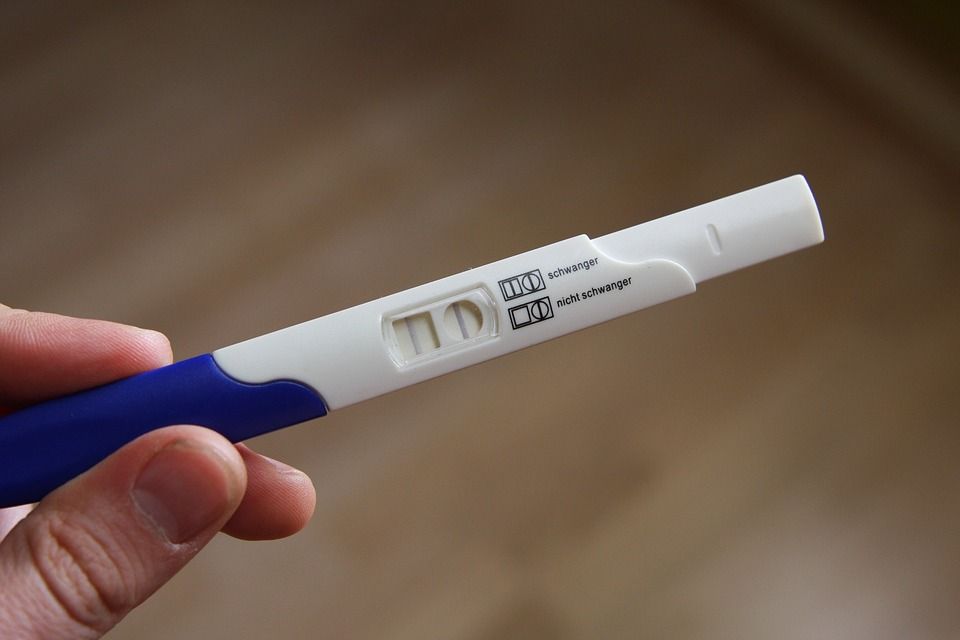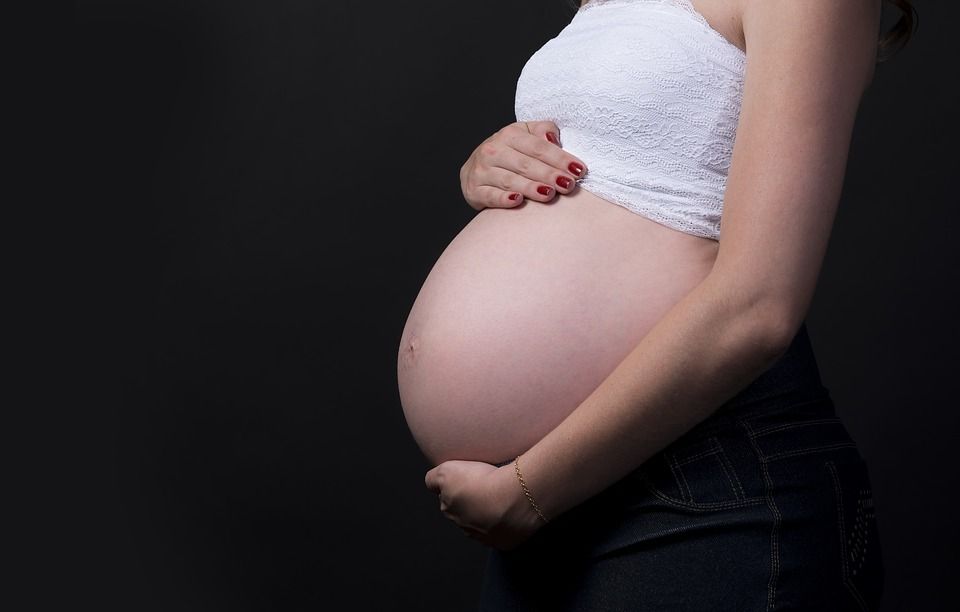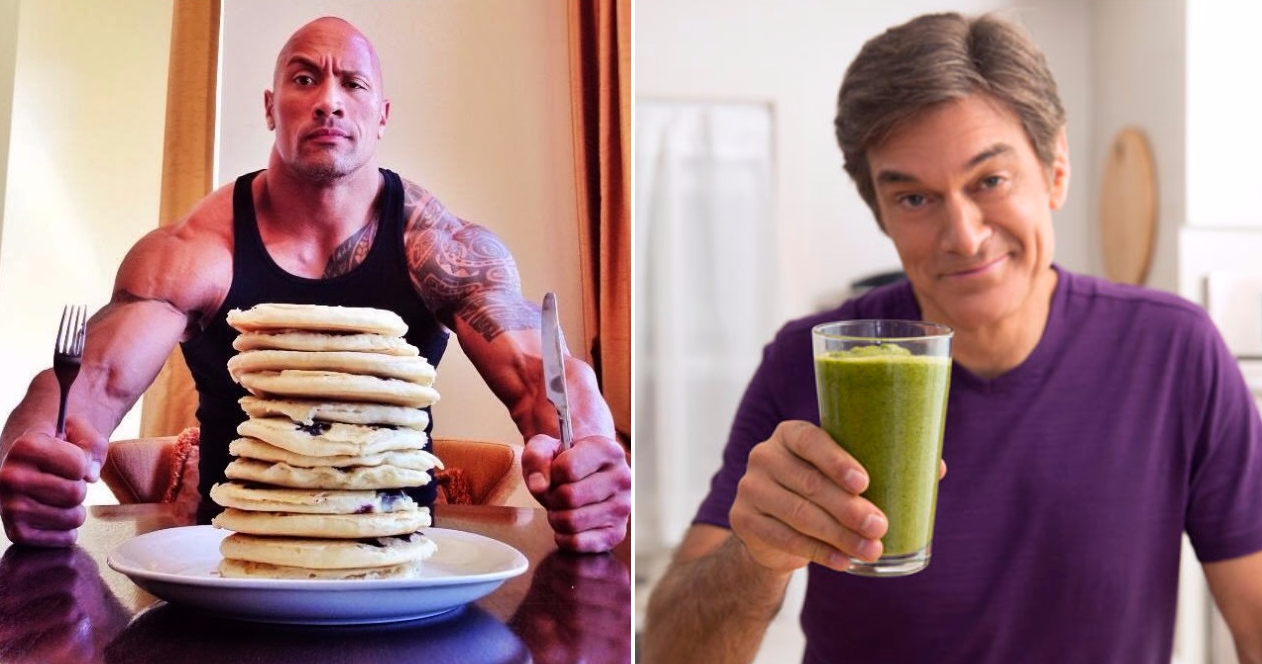My mother had me, her first child, when she was 27. Back then, some people couldn't figure out why she waited so long after getting married to have a baby.
They wondered if her future pregnancies would be much more difficult because she would be in her thirties.
Today, I am the same age that my mom was when she gave birth to me, and to be completely honest, I have no plans to start a family just yet. Still, "concerned" family members and even strangers feel obligated to remind me that getting pregnant while in my 30s isn't a good idea.
Of course, there is some logic behind their advice. Doctors have long urged women to conceive while they are in their 20s if they want healthier outcomes. This is mainly because after the age of 35, miscarriages become more common and fertility rates begin to decline.
However, this doesn't mean that women who choose to wait until later in life are totally screwed, especially based on the findings of one study.
With an increase in the number of women having their first child in their 30s over the last few years, researchers have taken an even greater interest in how delaying pregnancy affects a person and their child.
According to the Long Life Family Study, a collaborative research by Columbia University, University of Pittsburgh, Boston University Medical Center, University of Southern Denmark, and the Washington University School of Medicine, having a baby at an older age could actually extend a woman's life span.
The insightful data revealed that those who had children after the age of 33 were twice as likely to live longer than women who had their babies at a younger age.
The scientists believe that the reason why older mothers outlive younger ones has to do with the telomeres, parts of the cells that affect how we age.
As we get older, these telomeres, which act like tiny plastic "caps" to protect the chromosomes at the end of each DNA strand, start to get shorter.
The study, which was originally published in the Journal of Menopause in 2014, found that women who got pregnant in their 30s had higher odds having longer telomeres.
What these findings really mean is that late pregnancy does not necessarily increase one's life span, but women who are able to successfully reproduce later in life most likely have the genetics that allow them to reach a ripe old age.
"These findings suggest a potential genetic basis for the relationship between reproductive life-span, longevity, and an underlying mechanism related to biological ageing," explained Dr Nicole Schupf at Columbia University Medical Center.
Further research is needed to look into other influences, such as income, occupation, family size, and personal relationships, that determine why some women have children early and others wait.
For now, the results of this study continue to stir up debates on how long is too long to wait before having a baby.
